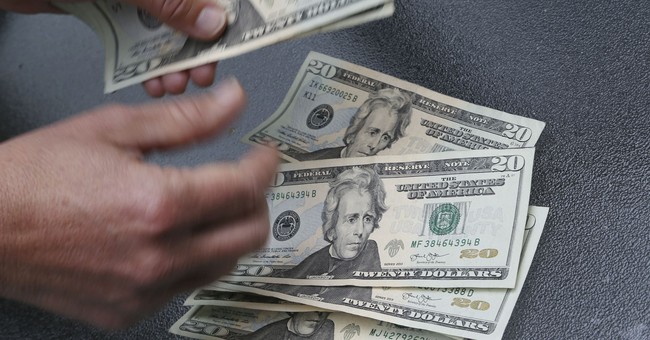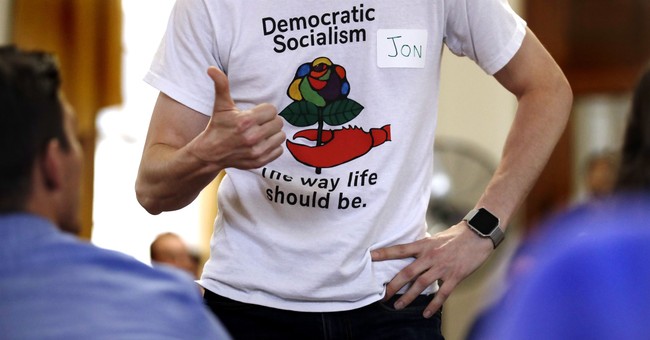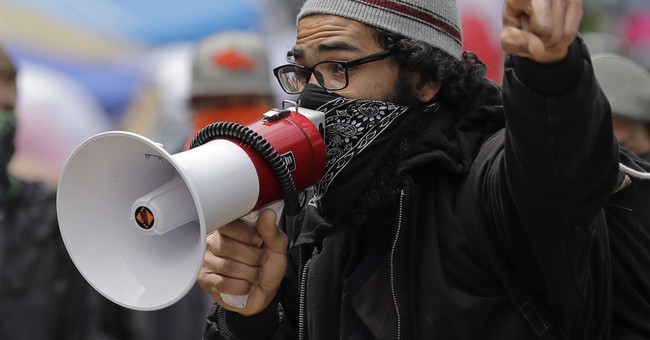
Source: AP Photo/Elise Amendola
Mention capitalism and the average person will fire back with, “What about greed?” They assume that capitalism is founded on greed and couldn’t survive without it, or that it rewards greed so that people are much greedier under capitalism than under socialism. The mere accusation of greed is intended to shut the mouth of anyone who dares to defend capitalism. But these indictments rest on faulty foundations.
What is greed? Webster defines it as “a selfish and excessive desire for more of something (such as money) than is needed.” Synonyms for 'greedy' include: acquisitive, avaricious, avid, coveting, covetous, grabby, grasping, mercenary, money grubbing, rapacious. The Oxford dictionary says, “Intense and selfish desire for something, especially wealth, power, or food.”
The Merriam-Webster web site claims, “To decide which words to include in the dictionary and to determine what they mean, Merriam-Webster editors study the language as it's used. They carefully monitor which words people use most often and how they use them.”
Obviously, the next question becomes, how much do we need? If we took the dictionary definitions literally, anyone who aspires to more than what a native in the bush of Zambia has would be avaricious because even the poorest African living in a one-room hut with no electricity, toilet or water has enough food to keep him alive, shelter from the weather and one set of clothing.
The World Bank claims that 700 million people live on $2 per day or less. That they are alive indicates they have enough to get by. Do we really want to say that they are greedy to want more? I don’t think that is what most people in the West mean when they accuse others of greed. After all, those in the poorest quintile in the US are among the wealthiest people on the planet and in history. Is everyone in the West guilty of greed?
Finish the article at Townhall Finance.


